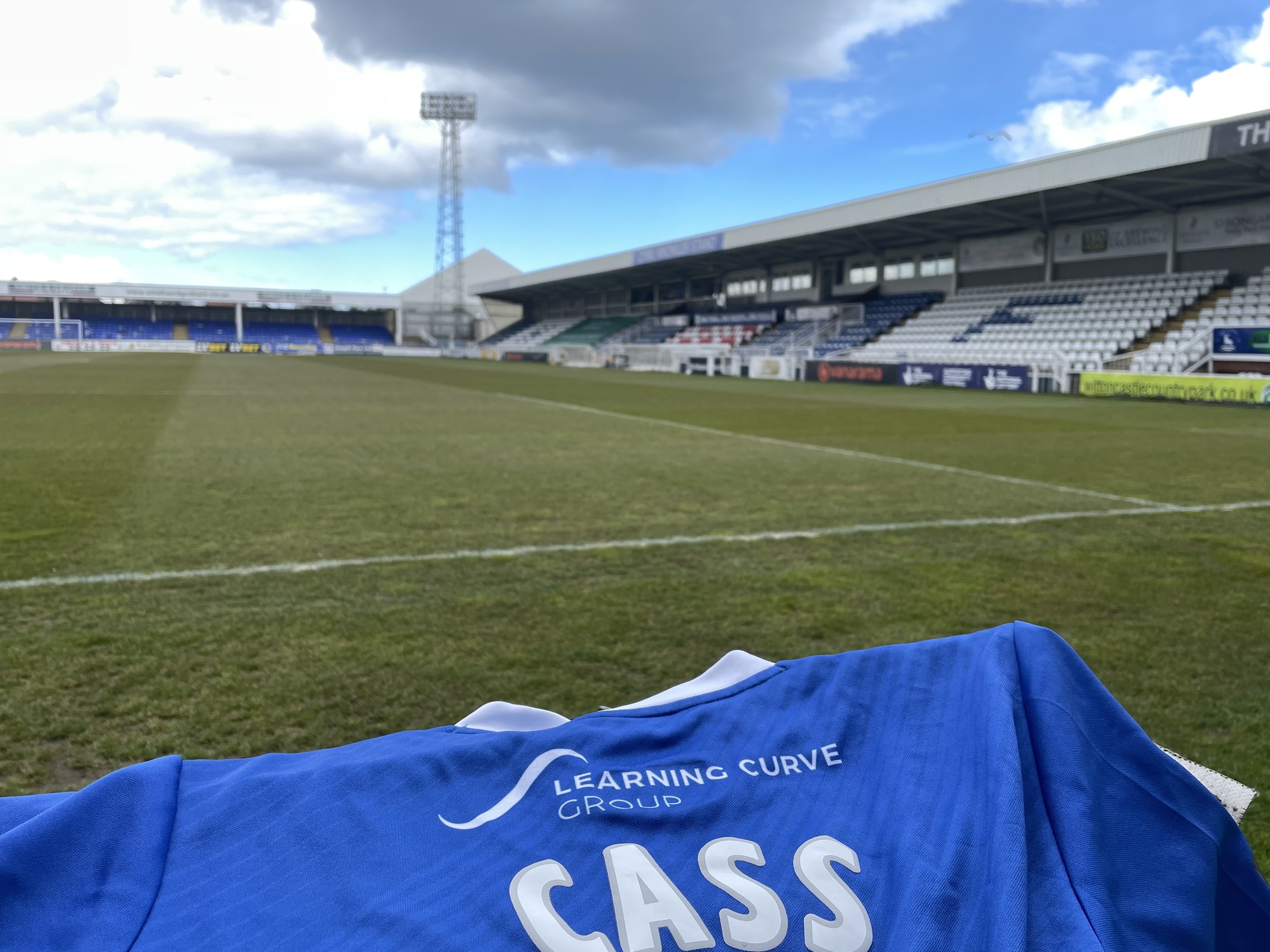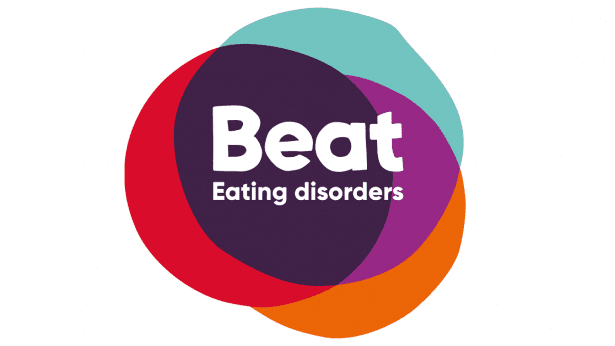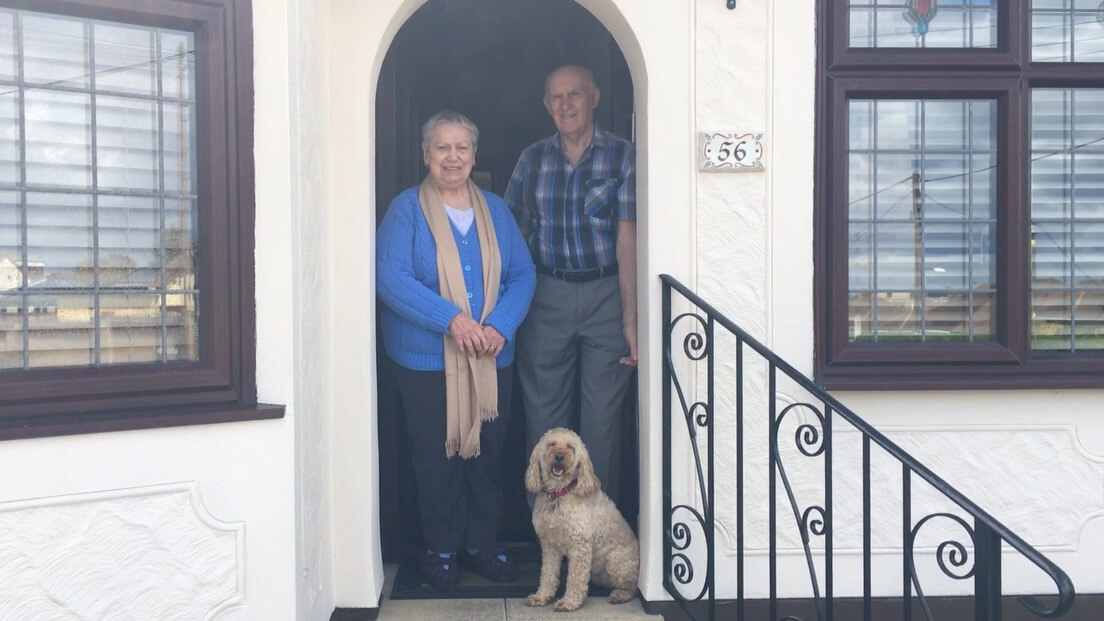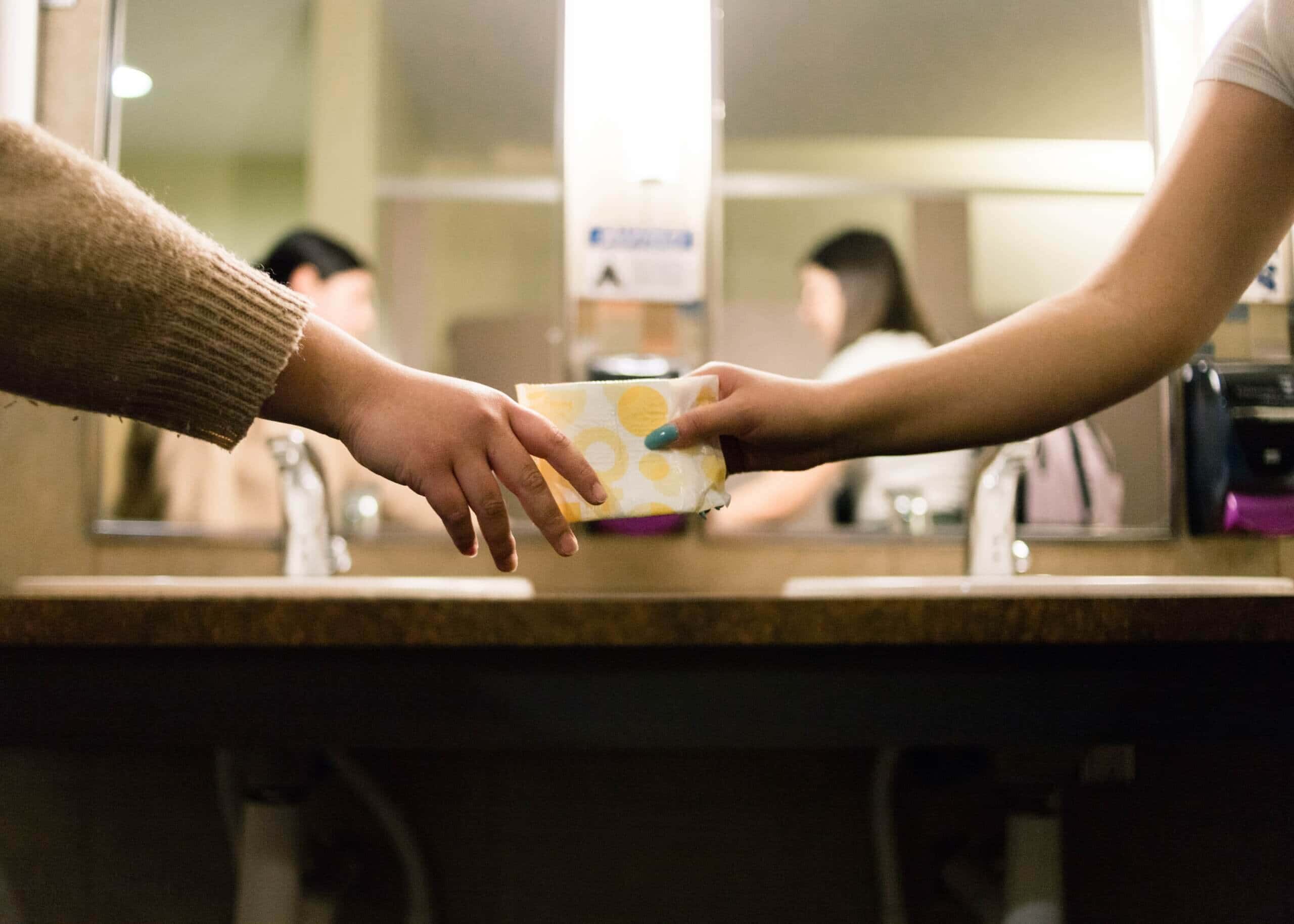
THE CRISIS of Covid-19 has affected almost every part of daily life. With unemployment on the rise in the North East, period poverty is worsening during the pandemic.
According to the Royal College of Nursing, period poverty is defined as: “The lack of access to sanitary products due to financial constraints”.
In the UK period poverty affects 1 in every 10 girls. Even though the issue is so widespread, it is still a taboo subject.
With one in every three women experiencing some form of period poverty within their lifetime, Covid-19 is heightening the problem. Unemployment rising in the North East places more women under financial pressure.
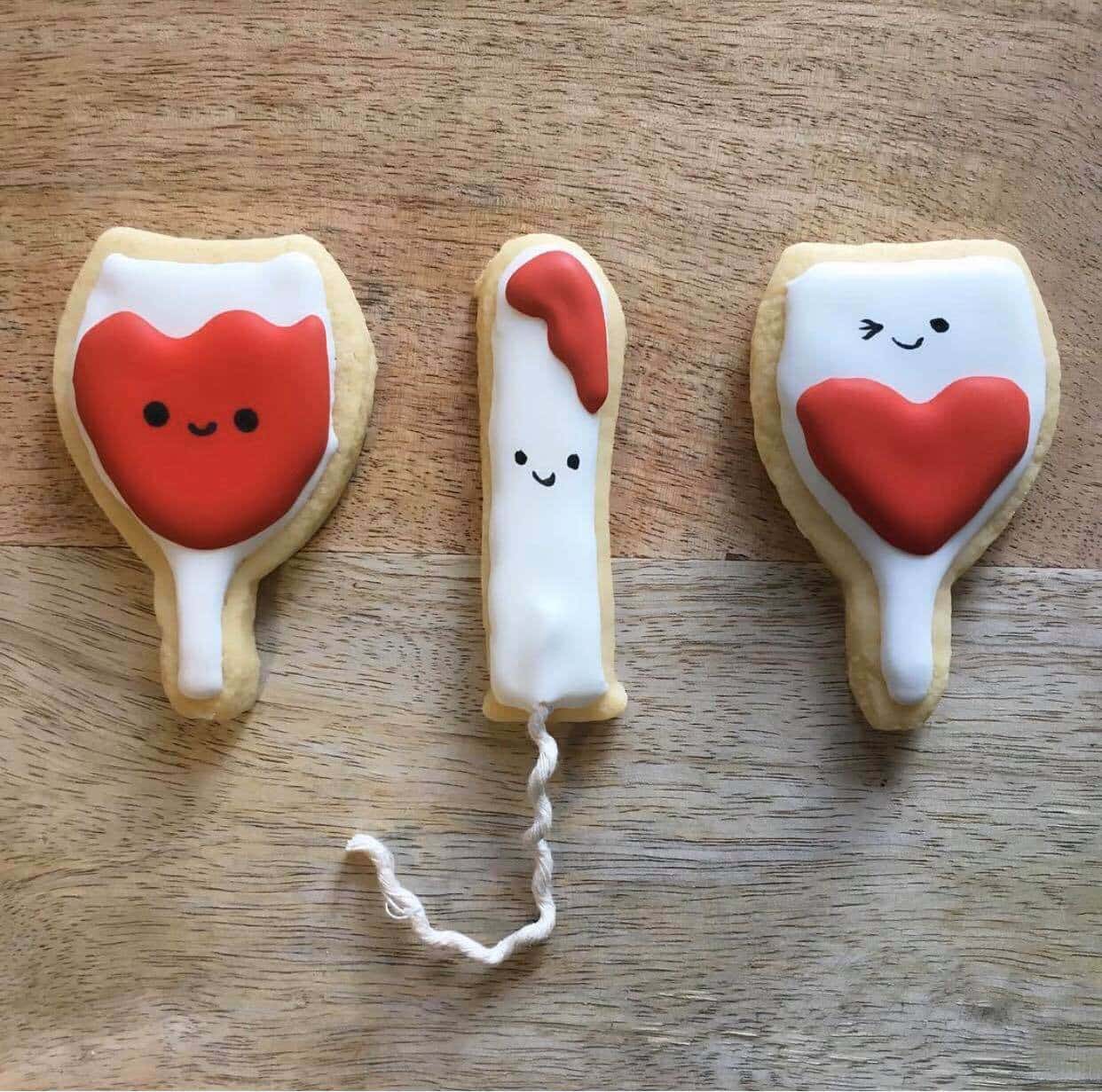
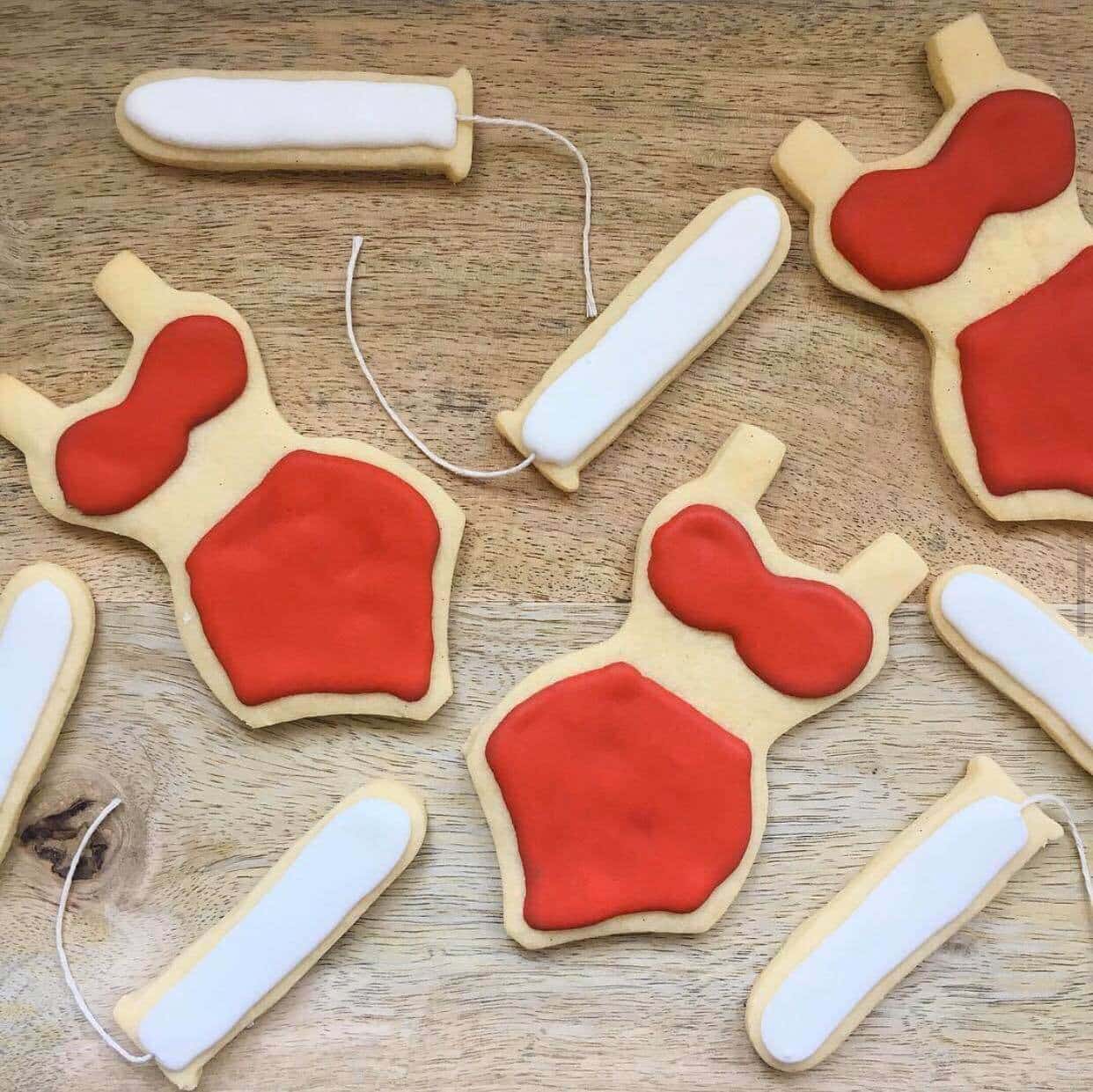
Rose Caldwell, chief executive of Plan International UK said in a statement: “Many of the issues we’re seeing existed before the pandemic, but the virus is making the situation worse. We already know that the coronavirus outbreak is having a devastating impact on family finances all over the world. But now we see that girls and women are also facing widespread shortages and price hikes on period products”.
Data released by the Office for National Statistics showed a 1.1% increase in unemployment, the highest rate since 2017. With the average period costing a woman £18,000 over her lifetime period poverty is a very real crisis.
In the North East alone there are various charities such as the Rainbow Foundation and The Red Box Project. They offer help and support regarding period poverty, assisting those in need. These foundations spread awareness in the fight to normalise and end period poverty.
After a 20 year campaign to abolish the Tampon Tax, from December 31st 2020 the tax will be no more. Period products will now be recognised as an essential item rather than a luxury.
Molly Fenton, who runs the campaign Loveyourperiod, told SR News via Instagram: “The tampon tax finally being abolished is a huge win for women, but it still took too long to be listened to. I feel this is our only huge barrier- the people high up listening and acting”.
Scotland recently became the first country in the world to offer free period products to those who need them.
An NHS worker told SR News: “Period items need to be distributed to those in need not only those who are in education, hospital or prison, everyday women need help in these difficult times.”
With unemployment on the rise in the North East and the future still so uncertain, period poverty is a very real crisis we continue to face in the first world.

